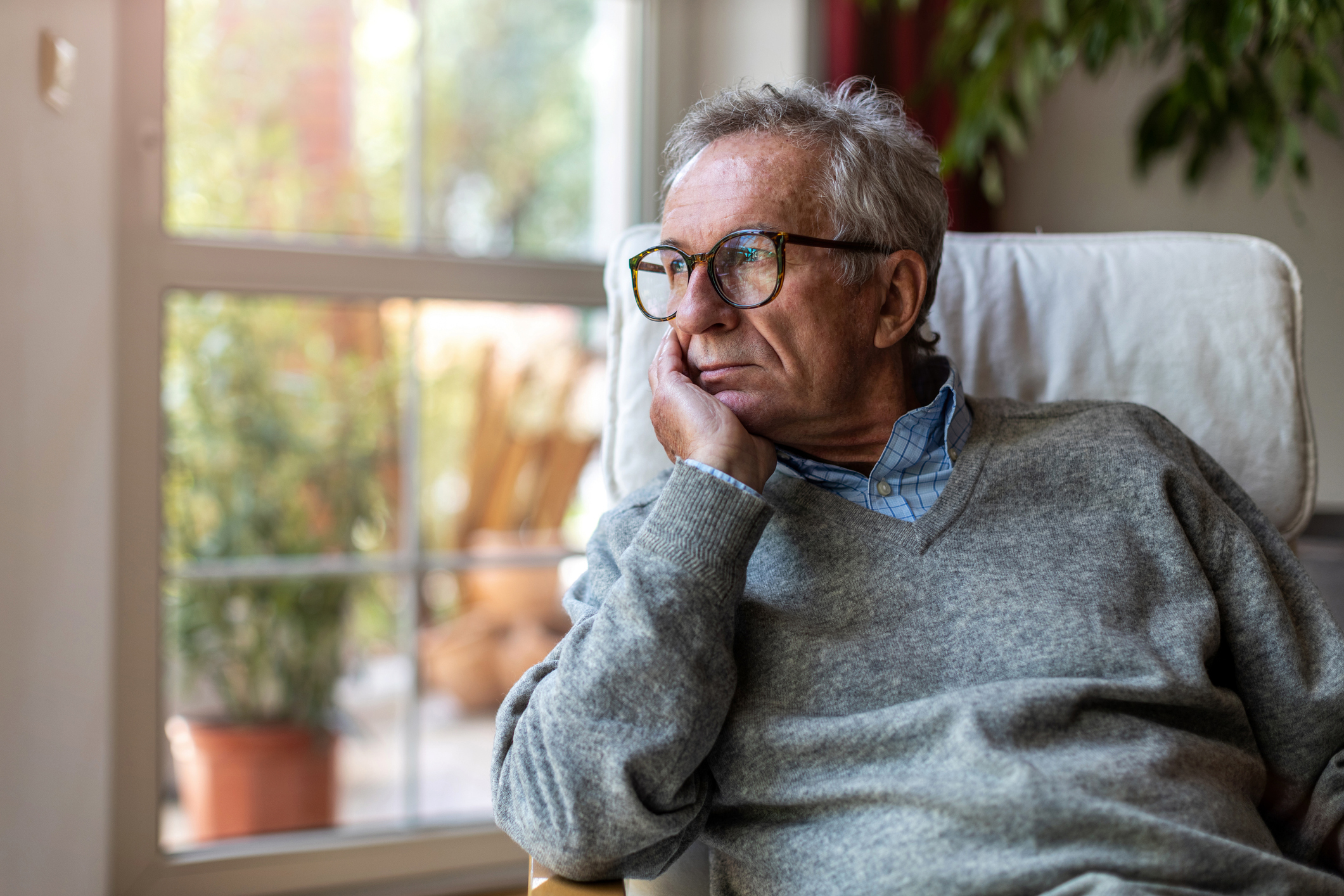Get Easy Health Digest™ in your inbox and don’t miss a thing when you subscribe today. Plus, get the free bonus report, Mother Nature’s Tips, Tricks and Remedies for Cholesterol, Blood Pressure & Blood Sugar as my way of saying welcome to the community!
‘Loneliness’ prescriptions are putting older adults in jeopardy

I’m in my sixties.
My children have finally left the nest, and I relish my time alone. I have plenty of neighbors right outside my door to call on when I feel the need for some social contact.
So, even though I live alone, I am far from lonely. But there are those who live alone and feel it.
That’s a problem because chronic loneliness can kill you.
It causes tissue damage and inflammation that lead to Alzheimer’s, high blood pressure and heart disease. In fact, research has suggested that the effects of loneliness and social isolation are more detrimental to your health and wellness than smoking 15 cigarettes a day.
Not only that, but the emotional pain of feeling lonely is leading more and more older adults to seek help from someone they trust — their doctors.
And that’s putting them in a dangerous situation that may not be aware of: taking drugs that are especially risky for them…
Loneliness and dangerous prescriptions go together
According to researchers at the University of California San Francisco, older adults who self-identify as lonely are nearly twice as likely to be prescribed opioids for pain, and two-and-a-half times more likely to take sedatives and anti-anxiety medications from their doctors.
The researchers used data from the National Social Life, Health and Aging Project, a population-based study of health and social factors.
They found that seniors who identified as moderately lonely or very lonely were eight to eleven percent more likely to use prescription opioids than non-lonely seniors.
And 23 percent of the “very lonely” group used anti-anxiety medications and sedatives — including anticholinergic drugs known to increase the risk of Alzheimer’s — compared with only nine percent of those who said they were not lonely.
In addition to taking drugs that could steal their memories and their lives, these prescriptions are on the danger list for seniors for other reasons as well…
They can increase the danger of falls and other accidents that can leave seniors with life-threatening broken bones or fractures — not to mention drug dependency.
Medications can also contribute to vitamin deficiencies…
Vitamin deficiencies can sneak up on older adults in two ways: The body becomes less efficient at metabolizing the nutrients we receive from food and many medications we rely on in our older years can interfere with nutrient absorption.
What is social prescribing?
Dr. Ashwin Kotwal of the UCSF Division of Geriatrics says that, instead of prescribing psychotropic drugs for older adults who are lonely, doctors should be “social prescribing” to local resources in the community.
Social prescribing is an approach that seeks to fill in the gaps by connecting people with community resources.
For seniors, especially, that may be the only prescription they need. That’s because, according to Dr. Kotwal, older people are more socially active than other age groups and frequently play major roles in community.
When they are not socially active, he adds, we need to recognize there is a problem. But the first step should be social prescribing instead of medication.
“We don’t want to pathologize loneliness. Most people experience loneliness at some point in their lives, but when experiences of loneliness persist for many months or years, it can cause physiologic changes, such as a ramped-up stress response, sleep problems, and even heart disease,” said Kotwal. “And, a lack of social contact can erode our social skills, making it more difficult over time to connect with others and creating a vicious cycle.”
When health professionals practice social prescribing, they refer patients to sources in the community to improve their health, rather than turning to drugs as a first course of treatment, or risk the pitfalls of polypharmacy (when someone is taking multiple medications and sometimes from different doctors).
For example, study after study has shown that music is medicine. One study proved that singing in a choir could increase one’s lifespan by fifty percent.
Editor’s note: Did you know that when you take your body from acid to alkaline you can boost your energy, lose weight, soothe digestion, avoid illness and achieve wellness? Click here to discover The Alkaline Secret to Ultimate Vitality and revive your life today!
Source:
65+ and lonely? Don’t talk to your doctor about another prescription — Eureka Alert














